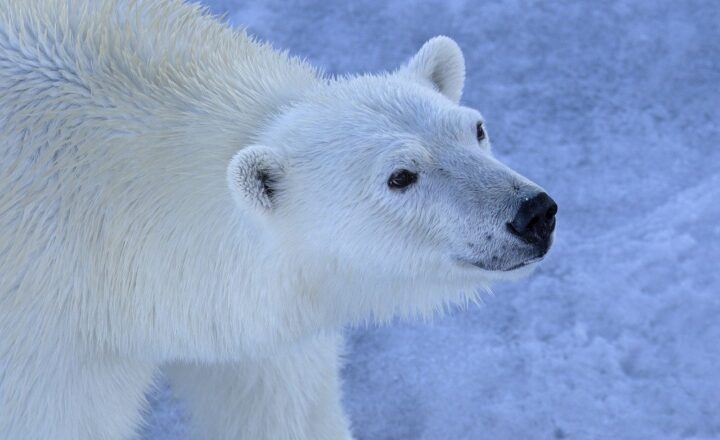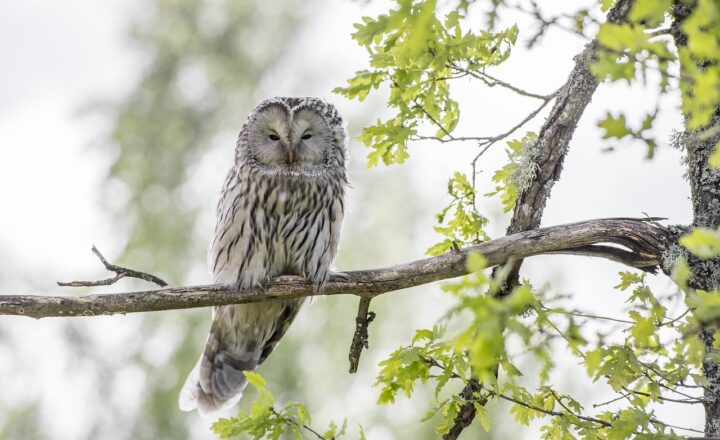10 Mind-Blowing Facts About Nature That Will Change Your Perspective
November 19, 2024

Nature is an intricate web of interconnected systems that not only sustains life but also captivates the human imagination. From the vastness of the universe to the minuscule details of a leaf, nature offers insights that can truly transform our understanding of the world and our place within it. Here, we delve into ten mind-blowing facts about nature that might just change your perspective.
1. The Amazon Rainforest Produces 20% of the World’s Oxygen
The Amazon Rainforest, often dubbed the “lungs of the planet,” is vital for global oxygen production. Covering over 5.5 million square kilometers, it contains millions of species of plants and animals that contribute to our Earth’s oxygen supply through photosynthesis. Losing even a fraction of this forest could have catastrophic implications for our atmosphere and climate.
2. More Than 80% of the Earth’s Oceans Remain Unexplored
Despite representing 71% of our planet, a staggering 80% of the oceans remain uncharted and unexplored. Oceanic depths hold untold mysteries, including undiscovered species of fish, ecosystems, and geological wonders. This unexplored territory may hold the key to understanding climate patterns and the potential for new medicines derived from marine organisms.
3. A Single Tree Can Support Up to 500 Different Species
Trees are far more complex than they appear. A single oak tree can support about 500 different species of life, including insects, birds, mammals, fungi, and various microorganisms. This rich biodiversity demonstrates how trees are not only essential for producing oxygen but also serve as habitats for countless organisms. Protecting trees means protecting the ecosystems that depend on them.
4. There Are More Stars in the Universe Than Grains of Sand on Earth
It’s estimated that there are about 1 septillion stars (1 followed by 24 zeros) in the observable universe. In comparison, the number of grains of sand on all the beaches in the world is estimated to be around 7.5 quintillion (7.5 followed by 18 zeros). This astonishing fact highlights the vastness of our universe and suggests that there may be countless ecosystems beyond our planet waiting to be explored.
5. Coral Reefs are Among the Most Diverse Ecosystems on Earth
Coral reefs, covering only about 0.1% of the ocean’s surface, are home to approximately 25% of all marine species. This biodiversity is crucial not only for marine life but also for humans, as reefs provide food, coastal protection, and tourism opportunities. Protecting these fragile ecosystems is essential for maintaining marine biodiversity and supporting the livelihoods of millions of people.
6. Trees Communicate Through a Network of Fungi
Trees have a remarkable ability to communicate through an underground network of fungi known as the “Wood Wide Web.” This mycorrhizal network allows trees to share nutrients, warn each other of pests and diseases, and even support sick or struggling trees by transferring nutrients. This interconnectedness emphasizes the beauty and complexity of forest ecosystems and stresses the importance of preserving them.
7. Earth has a Natural Recycling System
Nature has its very own recycling system. Decomposers like fungi, bacteria, and insects break down dead plants and animals, returning essential nutrients to the soil and promoting new plant growth. This natural cycle is fundamental for maintaining the planet’s health and stability, showcasing the importance of biodiversity and ecosystem balance.
8. Some Species of Jellyfish are Immortal
The Turritopsis dohrnii, known as the “immortal jellyfish,” has the unique ability to revert back to its juvenile form after reaching maturity, essentially allowing it to avoid death. This fascinating biological process raises intriguing questions about the potential for biologically induced rejuvenation, longevity, and survival traits in other species, including humans.
9. Honey Never Spoils
Archaeologists have discovered pots of honey in ancient Egyptian tombs that are over 3,000 years old and still perfectly edible. Honey’s unique chemical composition, low moisture content, and acidic pH create an environment that inhibits the growth of bacteria and mold, allowing it to remain consumable indefinitely. This natural preservative quality speaks volumes about the remarkable feats of nature’s creations.
10. Nature Can Heal Us
Studies have shown that spending time in nature can reduce stress, enhance mood, and improve overall mental well-being. The Japanese practice of “Shinrin-yoku” or “forest bathing” emphasizes the health benefits of immersing oneself in nature, promoting relaxation and emotional healing. This fact highlights not only the importance of nature in our ecosystem but also its profound effect on human health.
Conclusion
The wonders of nature often exceed human understanding, displaying intricate systems and profound interdependencies. Each fact not only informs us about our planet but also reminds us of our responsibility to preserve it. As stewards of the Earth, we play a crucial role in protecting these natural phenomena to ensure that future generations experience the breathtaking beauty and vital importance of nature. Embrace these enlightening facts about nature, and let them inspire you to engage with our environment responsibly and mindfully.







